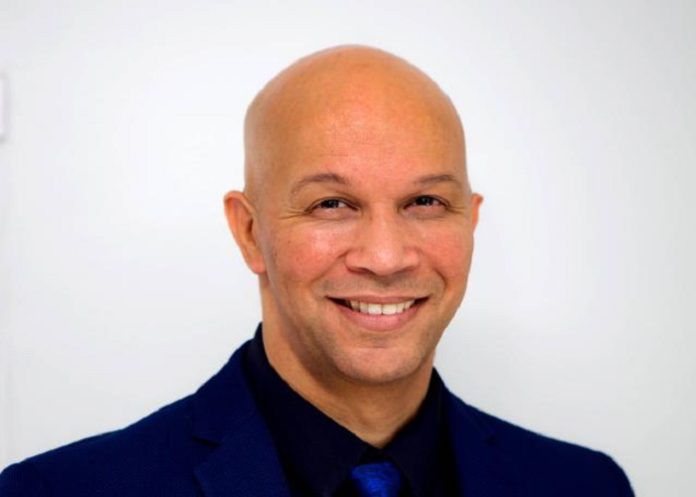A Cape Town surgeon is leading research that could transform how brain injuries in children are treated across the globe.
The University of Cape Town’s Professor Anthony Figaji, head of Paediatric Neurosurgery at the Red Cross War Memorial Children’s Hospital, has been awarded the prestigious Harry Oppenheimer Fellowship for his pioneering work into traumatic brain injury (TBI) in children.
The award recognises his team’s efforts to better understand the brain’s response to trauma, and improve survival and recovery outcomes in young patients, reports the Sunday Times.
“It is a validation of many years of hard work and strategic building in our team, along with a strong belief that, through research, we can advance the worldwide understanding of the brain and save lives at the same time,” said Figaji.
Trauma is the leading cause of death and disability in children over the age of one, and brain injuries are the most severe.
“In addition to the risk of dying is the risk of permanent disability in survivors – and the knock-on effect this has for the child’s independence, the likelihood of being able to go back to school, the effect on family, the loss of economic productivity in the future, and the economic cost to the country,” he said.
Treating brain injuries in children is more complex than in adults due to the constantly changing nature of the developing brain.
“There is no stable baseline to easily define what is normal and abnormal, so setting targets for therapies when the brain is injured is much more complicated,” said Figaji.
Adding to the challenge is the lack of paediatric-specific data, compared with adult brain research. To tackle this, Figaji and his research team, African Brain Child (ABC), have built the largest data set of its kind, using continuous brain monitoring techniques.
Their innovative methods allow real-time tracking of brain functions such as pressure, blood flow, oxygenation and chemistry. “We have developed insights about complex dynamics inside the brain, and how various forms of monitoring can detect changes in these in real-time,” he added.
They have developed techniques to repeatedly sample drug levels directly from the brain – a big leap in neuroscience – new ways to determine how drugs get into the brain, and what happens at the site where you need it to work.
“That will help us develop strategies to improve how we get drugs into the brain so that they can be more effective,” he said.
The team also aims to reduce “secondary brain injury”, the chain of damaging processes hours or even days after the initial trauma. These events, which include swelling, chemical imbalances and energy failure in the brain, significantly worsen patient outcomes.
The research is particularly important for Africa, where TBI rates are high, and children are more than half the population. “Given that the burden of traumatic brain injury is highest in Africa, this will have a big effect on our health as a continent,” said Figaji.
“But even in the US, where the absolute numbers are lower, it is still common, (and) trauma accounts for about 60% of childhood deaths.”
The ABC group is committed to prevention and awareness. Its Be Quick to Click campaign promotes child car seat safety to reduce the number of serious injuries from car accidents a leading cause of TBI in children.
“Even better is if we can prevent the injury from happening in the first place,” said Figaji.
Involving communities and government is important. “Our social, healthcare and science programmes should better reflect this reality, but still lag far behind where they should be.”
At the heart of the project is a deep commitment to science in service of society.
“We believe the greatest purpose of science is to improve lives in our community. There is no keener reflection of a society’s soul than the way that it treats its children,” said Figaji.
He hopes South Africa and Africa will lead the way in paediatric brain research.
“With the right support from research funders, government agencies and universities, we can do this. There is no better way to change the future than to change the life of a child.”
He added: “Our big vision is to change the world, one brain at a time.”
Sunday Times PressReader article – SA surgeon wins award for brain injury research (Open access)
See more from MedicalBrief archives:
No seatbelts causing brain trauma crisis for South African children
Rear-facing car seats reduce fatalities in all types of collisions
UCT: Grant for under-researched field of traumatic brain injury research

